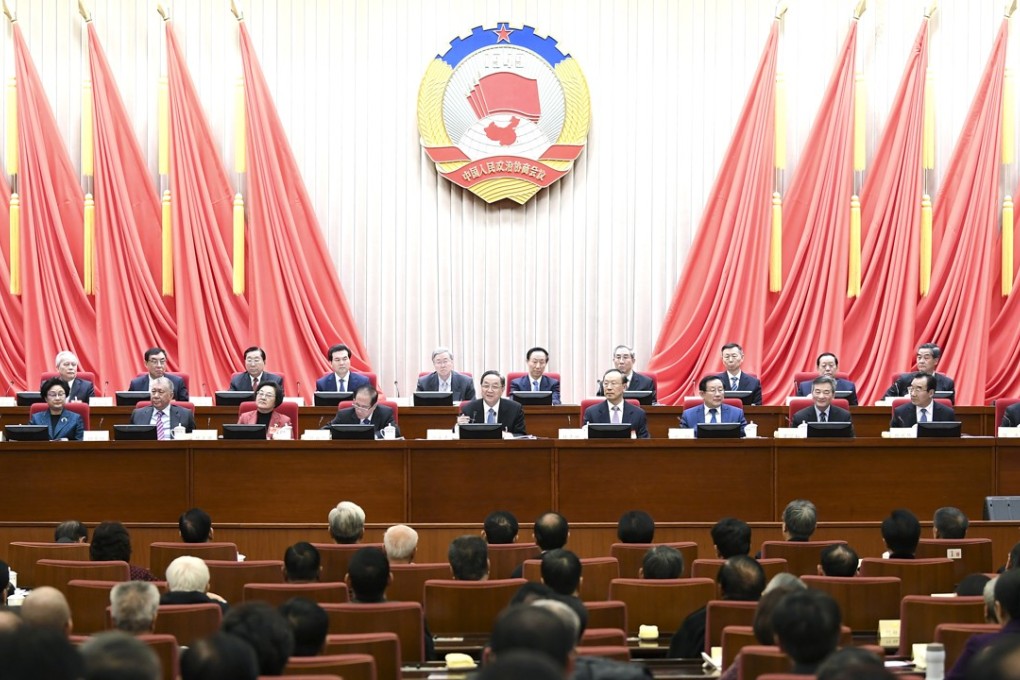China's top advisory body gains over 50 new Hong Kong faces
Delegates from city to Chinese People’s Political Consultative Conference include young business leaders, professionals, pro-establishment politicians and former officials

More than 50 new faces from Hong Kong have been appointed to China’s top political advisory body, in one of the biggest reshuffles for the city’s delegates in recent years.
They included young business leaders, professionals, pro-establishment politicians and former officials.
The body consisted of 2,158 delegates from around the country, including about 200 from Hong Kong.
Veteran Hong Kong officials among new faces to be named to China’s top political advisory body
Most of those from the city, 124 in total, were affiliated with the Hong Kong group, one of 34 groups in the CPPCC’s national committee. Others were appointed to groups representing the country’s economic, sports, education and medical experts.